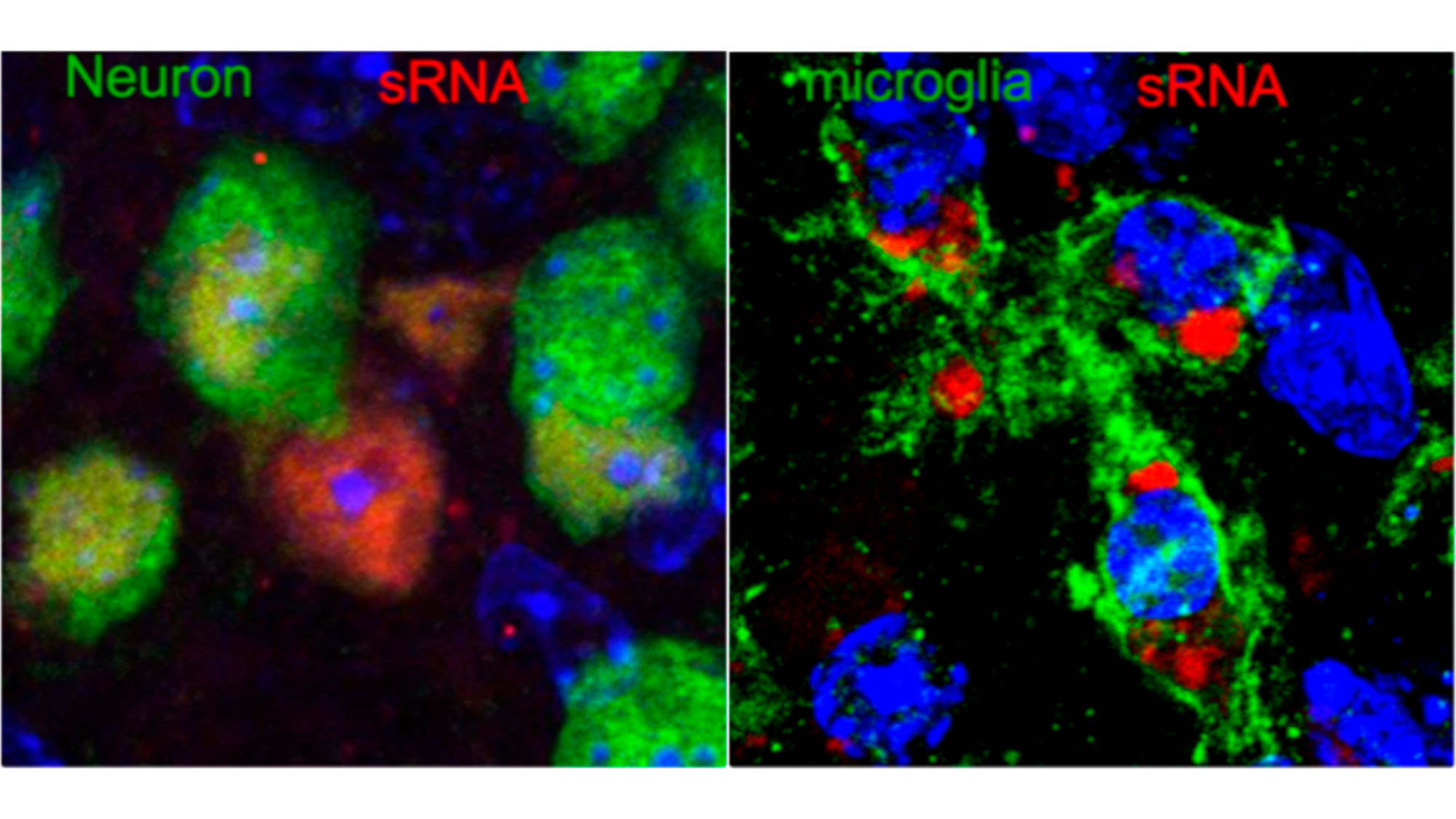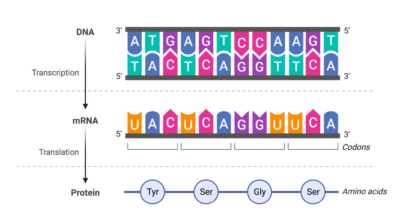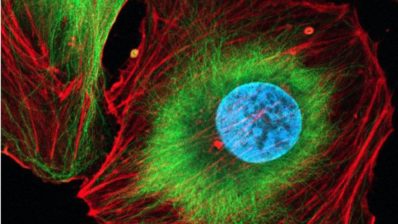A recent study by the UB, in which the Centre for Genomic Regulation (CRG) has collaborated, has determined that small RNAs (or sRNAs), molecules that play an important role in the regulation of the expression of genes, are key in the development of Huntington, making them a possible therapeutic target.
To analyze the role of these molecules, the scientific team has isolated sRNAs from the brain of Huntington’s patients and healthy people and then injected them into the brain of healthy mice. They found that the sRNAs from the brain of patients are sufficient for the development of alterations similar to Huntington’s disease in mice.
“These results show that different types of sRNAs present in the patients’ brains would be likely to take part in the pathogenesis”
Eulàlia Martí (CRG)
Huntington’s disease causes motor, cognitive and psychiatric alterations. Thanks to this new method of injecting human sRNAs into mice brains, it could have a new therapeutic target in addition to potential biomarkers for its detection.
Creus-Muncunill, J., Guisado-Corcoll, A., Venturi, V. et al. Huntington’s disease brain-derived small RNAs recapitulate associated neuropathology in mice. Acta Neuropathol (2021)






